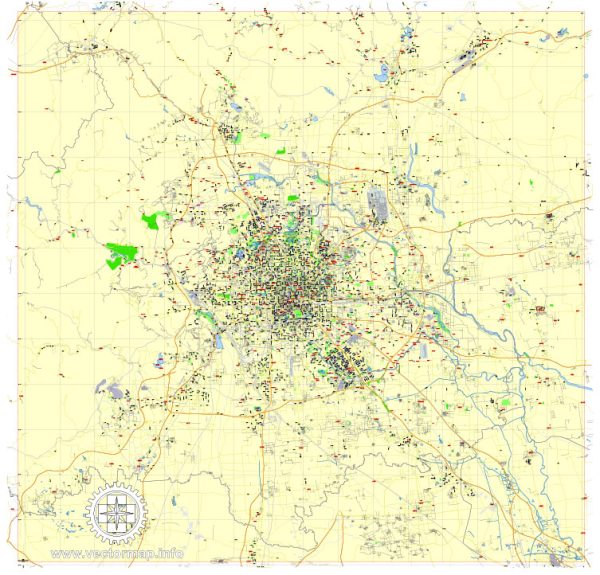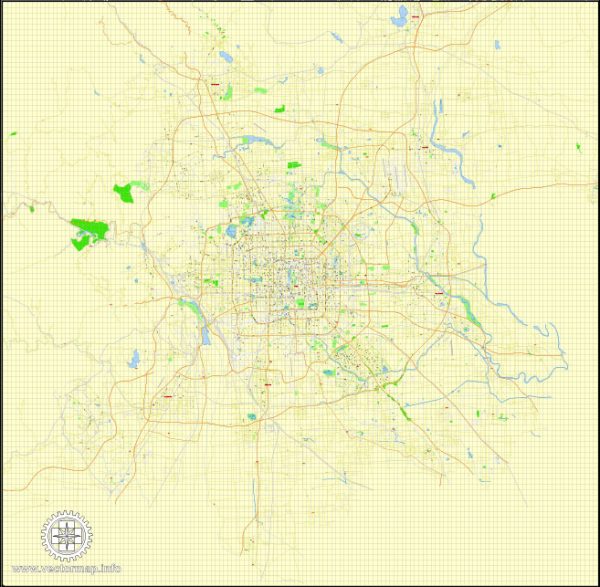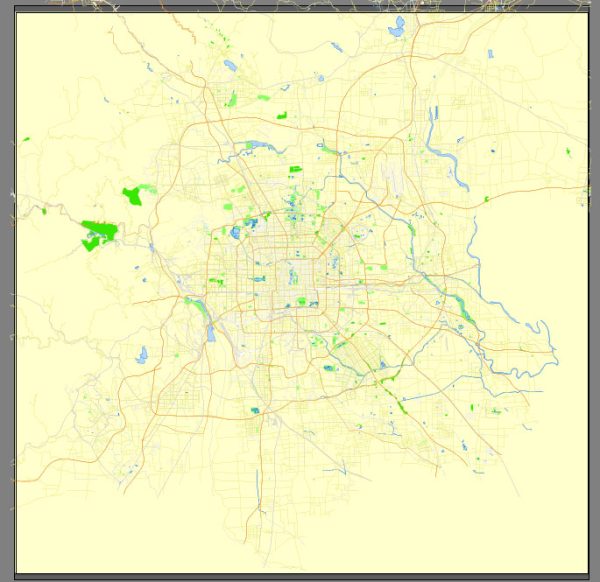Beijing, the capital of the People’s Republic of China, has a rich and storied history that spans over 3,000 years. It has played a significant role in the country’s political, cultural, and economic development. Here is a brief description of Beijing’s history:
- Ancient Origins: Beijing’s history can be traced back to ancient times. It was originally known as Ji, and it served as a regional capital during the Warring States period (475-221 BC).
- Imperial Capital: Beijing became a significant center during the Yuan Dynasty (1271-1368) when it was established as the capital known as Dadu. Later, during the Ming Dynasty (1368-1644), it was renamed Beiping and continued to serve as the capital. Finally, it became the capital of the Qing Dynasty (1644-1912) and was renamed Beijing. The city was home to several imperial dynasties and is famous for landmarks like the Forbidden City and the Temple of Heaven.
- Cultural Heritage: Beijing is renowned for its rich cultural heritage, including traditional Chinese architecture, calligraphy, painting, and various forms of art. It was a hub for Confucian scholars and artists throughout its history.
- The Great Wall: Beijing is closely associated with the Great Wall of China, a massive fortification system built to protect the northern borders of China. Several sections of the Great Wall are located in the vicinity of Beijing, including the well-preserved Badaling and Mutianyu sections.
- Foreign Influence: During the late 19th and early 20th centuries, Beijing saw significant foreign influence and control during the Qing Dynasty’s decline and the Republican era. This period included the Boxer Rebellion and the occupation of Beijing by foreign powers.
- Modern History: After the fall of the Qing Dynasty, Beijing played a pivotal role in the establishment of the Republic of China. In 1949, it became the capital of the People’s Republic of China under the leadership of the Chinese Communist Party and Chairman Mao Zedong.
- Contemporary Beijing: Today, Beijing is a bustling metropolis, a global center for politics, culture, and economics. It is home to many iconic landmarks, including Tiananmen Square, the National Museum of China, and the Beijing National Stadium (the “Bird’s Nest”), built for the 2008 Summer Olympics.
Beijing’s history is a reflection of China’s evolution from ancient times to a modern, global superpower. Its historical sites, museums, and cultural institutions provide a window into this rich history and offer a glimpse into the nation’s past and future.






 Author: Kirill Shrayber, Ph.D. FRGS
Author: Kirill Shrayber, Ph.D. FRGS